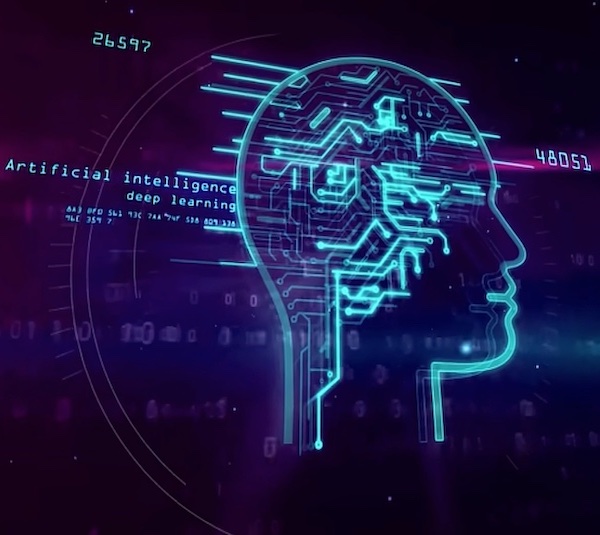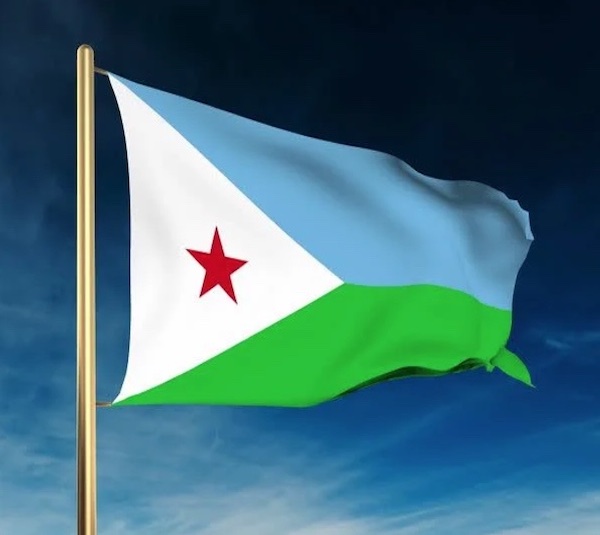Healing the Wounds of Historical Colonization in Africa: A Path to Empowerment and Unity

Introduction:
On the occasion of Djibouti's independence day and the 60th year anniversary of the African Union, we reflect on the historical colonization of Africa and its lasting impact. Today, Africa is on a journey of healing, empowerment, and reclaiming its identity. In this blog, we explore the impact of historical colonization and discuss healing solutions for a brighter future.
1. Recognizing Historical Trauma:
• Acknowledging the Legacy: Reflect on the enduring consequences of colonization in Africa and the intergenerational trauma it has caused.
2. Education and Historical Reclamation:
• Curriculum Transformation: Promote comprehensive African history in educational curricula, emphasizing achievements, cultures, and resilience.
• Archival Restoration: Advocate for repatriation of cultural artifacts and the creation of digital archives to preserve African history.
3. Cultural Revitalization and Celebration:
• Cultural Preservation: Support the revival of indigenous languages, traditions, and arts, preserving and promoting African cultural heritage.
• Intercontinental Dialogue: Foster cultural exchanges within Africa and the diaspora, promoting unity and understanding.
4. Economic Empowerment:
• Inclusive Economic Policies: Advocate for equitable wealth distribution, fair trade, and local economic empowerment.
• Investment in Education and Skills: Promote access to quality education and skill development programs for economic self-determination.
5. Political and Social Justice:
• Good Governance: Encourage transparent, inclusive governance prioritizing African citizens' needs and aspirations.
• Social Equality: Advocate for policies addressing inequality, social justice, and the rights of marginalized communities.
6. Pan-Africanism and Unity:
• Embracing Pan-Africanism: Foster unity, collaboration, and solidarity among African nations and the diaspora.
• Collective Voice: Support platforms amplifying African voices to shape narratives and policies impacting the continent.
7. Reconciliation and Forgiveness:
• Truth and Reconciliation: Promote dialogue, truth-telling, and reconciliation processes to address historical injustices and foster social cohesion.
• Embracing Diversity: Celebrate Africa's diversity and promote inclusivity, valuing every individual's voice and experience.
Healing the wounds of historical colonization is a collective endeavor requiring a multifaceted approach. By recognizing the impact of colonization, reclaiming African history and culture, empowering communities economically and politically, fostering unity, and promoting social justice, Africa can embark on a path of healing and empowerment. It is through these healing solutions that Africa can build a brighter future, rooted in resilience, self-determination, and a renewed sense of African identity.
Additionally, technology can play a role in addressing some of these challenges. Access to information, economic empowerment, education, governance, cultural preservation, healthcare, and infrastructure development are areas where technology can contribute positively.
However, it is important to recognize that technology solutions alone cannot address the complex challenges resulting from colonization. They should be coupled with efforts in education, policy reform, cultural revitalization, economic empowerment, and social justice. By embracing technology and leveraging its potential, African nations can contribute to the process of decolonization, empowerment, and sustainable development on their own terms.
Pan-Africanism: is a movement and ideology that advocates for the unity, solidarity, and empowerment of people of African descent worldwide. It seeks to overcome the legacy of colonialism, racism, and economic exploitation, and promote the self-determination and development of African nations and communities.
At its core, Pan-Africanism emphasizes the shared history, culture, and aspirations of people of African descent. It recognizes the interconnectedness of African peoples and the need for collective action to address common challenges and achieve common goals.
The concept of unity is central to Pan-Africanism. It calls for the unity of African nations, the unity of people of African descent across the globe, and the unity of diverse African cultures and identities. It aims to transcend divisions based on borders, ethnicity, religion, and political differences, and foster a sense of collective identity and purpose.
The pursuit of unity within Pan-Africanism involves promoting cooperation, integration, and collaboration among African nations and communities. It involves efforts to strengthen economic ties, foster cultural exchange, support educational initiatives, and advocate for equitable governance and social justice.
Pan-Africanism recognizes that unity is crucial for realizing the full potential of African nations and people. It acknowledges that by working together, African countries and communities can overcome historical injustices, achieve sustainable development, address social inequalities, and amplify their voice on the global stage.
In summary, Pan-Africanism seeks to achieve unity and solidarity among people of African descent by recognizing their shared history and culture. It emphasizes the importance of collective action, cooperation, and empowerment to address common challenges and achieve common goals, ultimately leading to the development, progress, and dignity of African nations and communities.
Announcement: We invite you to join us throughout the month of July as we explore Africa's technological journey, the potential of Artificial Intelligence (AI), and the fascinating world of AI Smart Law on the continent. Stay tuned for thought-provoking articles and valuable insights on our blog at Horn Digital Intercept Press. Thank you for your support!










